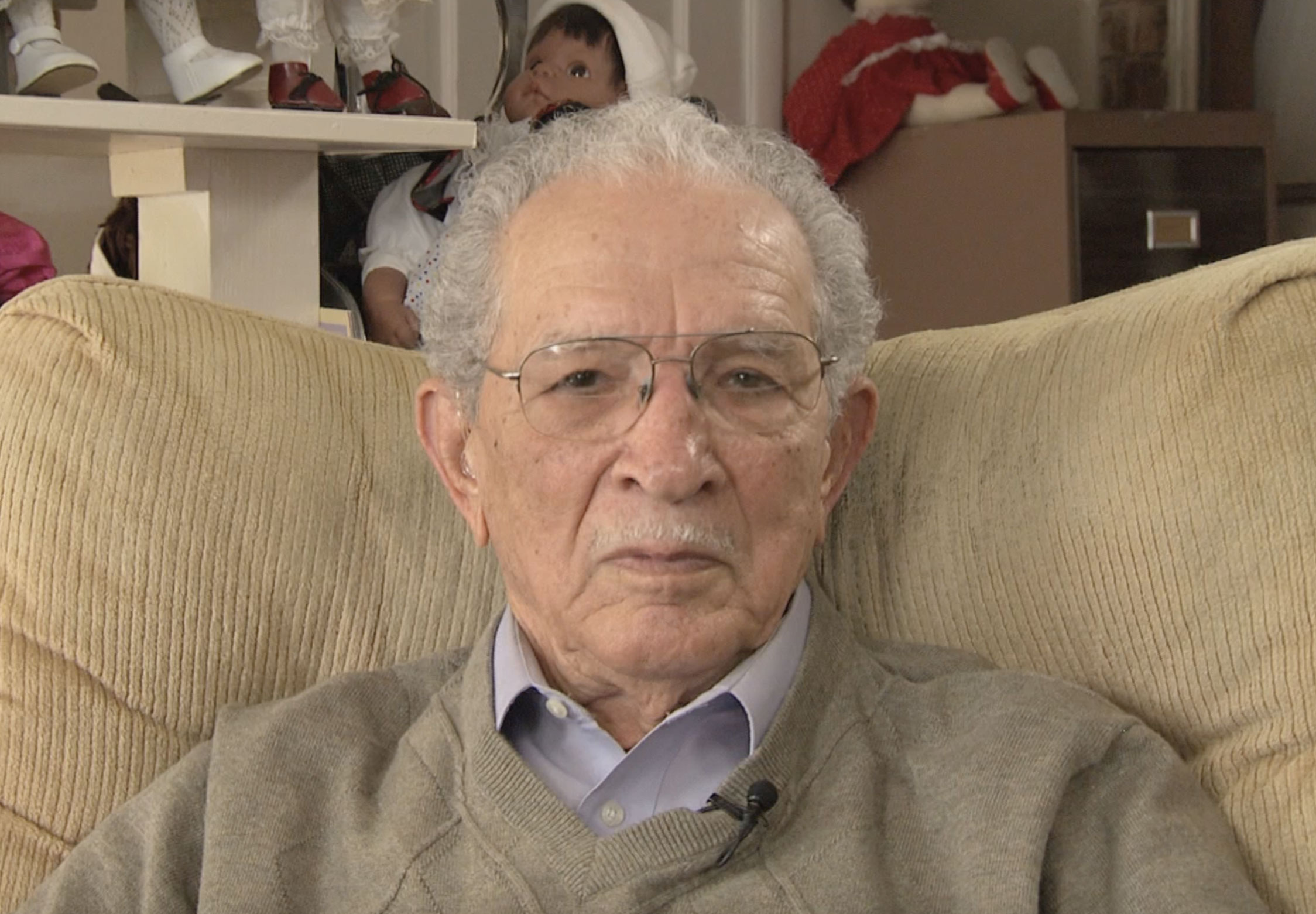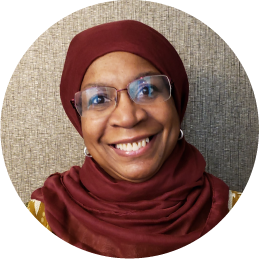Clyde McQueen: Historian of Black Life and Culture
By Rebecca Hankins | 09-11-2020

Clyde McQueen, born in Lily Island, Texas, on August 24, 1926, passed away on May 13, 2020 in Temple, Texas. Mr. McQueen paused his high-school education to join the Navy where he served as an apprentice seaman during WWII (1944-1946) and during the Korean War (1951-1952), earning a Combat Infantry Badge and battle star. After his discharge from the Navy, he finished his high-school education and then attended Prairie View College, earning an Undergraduate and Master of Science in Education in 1957. He completed a Master of Urban Planning from Texas A&M University in 1970. During his time at Prairie View, in his senior year, McQueen met Constance Trim, who became his wife on November 18, 1950, after his graduation. Their devoted marriage lasted 58 years, until his wife passed in 2008. From 1965 to 1972, he worked as a Soil Conservationist for the U.S.D.A. in Brazos, Burleson, and Waller counties, finishing his career in Tyler, Texas. McQueen retired on July 3, 1984, after 31 years of service to the federal government.
Mr. McQueen used his retirement to conduct independent research, including publishing two books. Cushing Memorial Library & Archives, on the Texas A&M University campus, houses Mr. McQueen’s research collection, related to his best-known book Black Churches in Texas: A Guide to Historic Congregations (Texas A&M University Press, 2000).
In January of 2014, Austin PBS journalist Michael Emery contacted me about assisting with an interview with Mr. McQueen about his book for Black History Month. On February 12, 2014, Mr. Emery, myself, and a University of Texas at Austin graduate student met to interview Mr. McQueen at his home in Temple, Texas.
In our interview, Mr. McQueen spoke about learning that his family’s church was celebrating its 100-year anniversary: this sparked his quest to survey all of the Black churches in the state of Texas that were at least 100 years old. A daunting task that took him over 10 years, and by the completion he had visited 375 churches and traveled 90,000 miles to catalog the churches’ growth and development, collecting hundreds of documents and data. Mr. McQueen spoke about how he collected data for each church, getting information from surviving family members, church cornerstones, cemeteries, and schools, including personally taking pictures of each site. He divided the churches up regionally, North, South, East, and West. He acquired data from the US Census Bureau that was instrumental in finding individuals connected to the church communities. It was important to him that he visited each of the church sites and recorded any information, including poetry and prose used in creating the church mottos inscribed on the cornerstones. He included information on what types of crops were grown on the land and what income was derived from the land, and how it was maintained, allowing him to use his soil conservation skills.
The importance of Mr. McQueen’s work is immeasurable and has prompted other Black churches to come forward. They understand the value of maintaining their history. Many people have discovered the history of their church, especially those churches that are no longer in existence from Mr. McQueen’s work. When I interviewed him in 2014, he spoke about hearing from people who read the stories and were pleased that someone had collected data on their churches, because too often these histories are lost when congregants move away, or the land is lost. They represent Black people’s independence and dedication to forming viable communities that centered their faith as the foundation. The church was the center of the community and was often the only communal space for Black families. They also used church buildings as sites for social, educational, and community activities.
Although declining in health, Mr. McQueen felt it was important to continue documenting the churches and remembering that history. He spoke about updating the information, especially name changes and changes in ownership, and working towards getting historical markers for those churches that were no longer in existence. Professor Andrea Roberts (Texas A&M Architecture Department) has dedicated much of her work to uncovering Black Freedom Colonies. She has worked diligently these past few years on developing resources and projects to ensure that this history is saved, shared, and preserved. Dr. Roberts has incorporated information from McQueen’s collection to include in her growing project.
Archives, museums, and historical centers all over Texas and the country know the importance of maintaining this history. Maintaining and supporting these institutions will ensure that these histories will continue to be collected, saved, and shared. In January-March 2019, Cushing Memorial Library & Archives partnered with the Brazos Valley African American Museum on a Black History Month exhibition, Light of the Church, which used McQueen’s book as inspiration.
According to his obituary published on the Branford Dawson Funeral Home’s Book of Memories, “in 2009 Mr. McQueen published his second book, The Black Army Officer, the Untold Story, from 1947 to 1999, chronicling President Harry S. Truman’s signed Executive Order 9981 that abolished racial segregation in the Armed Forces of the United States of America in 1948.”
Mr. Clyde McQueen has left a legacy that will be remembered as an invaluable contribution for generations to come.
Tags: McQueen, Clyde; Church; Religion; Black People; African Americans; Texas.
Cushing Memorial Library and Archives Collection: Clyde McQueen Collection, 1944-1999/Floyd & Louise Chapman Texas & Borderlands Collection (Note: we are migrating to a new online system, and a new link will be available soon).
Contact Us: cushingcollective@library.tamu.edu
 |
Rebecca Hankins is the Wendler Endowed Professor and certified archivist/librarian at Texas A&M University. She is an affiliated faculty in the Interdisciplinary Critical Studies Program that includes Africana, Women’s & Gender, and Religious Studies. Her work has appeared in The International Review of African American Art, Critical Muslim, Foundation, American Archivist, and RUSQ; most recently, she published an essay titled “Practicing Islam in the time of COVID-19,” freely available in the Religion in Quarantine: The Future of Religion in a Post-Pandemic World eBook (2020), edited by TAMU Communication’s Professor Heidi Campbell. |